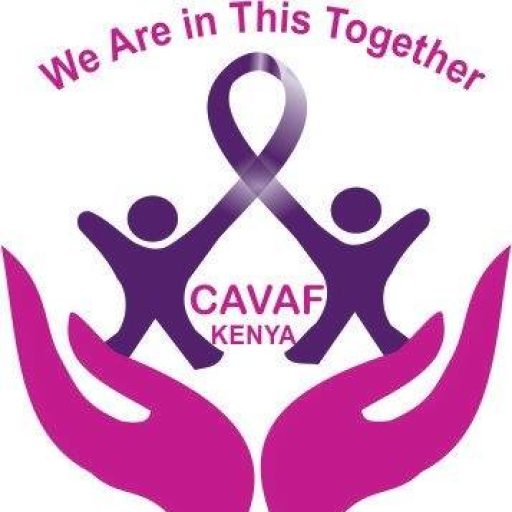Cervical cancer is a significant health concern worldwide, affecting hundreds of thousands of women each year. However, one of the most effective preventive measures against cervical cancer is often clouded by misconceptions: the HPV vaccine.
Here’s how the HPV vaccine works its magic in preventing cervical cancer and dispelling the myths surrounding it:
- Understanding HPV: Human papillomavirus (HPV) is a common sexually transmitted infection. It’s also the leading cause of cervical cancer. HPV can cause changes in cervical cells, leading to cancer over time.
- Vaccine Mechanism: The HPV vaccine works by stimulating the body’s immune system to produce antibodies against HPV. By doing so, it prevents the virus from infecting cells and causing cancerous changes.
- Preventing Infections: HPV vaccines are highly effective in preventing infections with the most common cancer-causing HPV strains. Vaccination can significantly reduce the risk of developing cervical cancer by targeting the root cause – HPV.
- Myth: HPV Vaccine Promotes Risky Behavior: One common misconception is that getting vaccinated against HPV will encourage promiscuity. However, numerous studies have debunked this myth. The vaccine does not increase sexual activity but instead provides critical protection against HPV-related cancers.
- Myth: HPV Vaccine Isn’t Safe: Safety concerns often arise regarding vaccines, including the HPV vaccine. However, extensive research and monitoring have consistently shown that the HPV vaccine is safe. Like all vaccines, it may cause mild side effects such as pain at the injection site or low-grade fever, but severe adverse reactions are rare.
- Myth: Only Women Need the HPV Vaccine: While cervical cancer is the most well-known HPV-related cancer, the virus can also cause cancers in other parts of the body, including the genitals, anus, mouth, and throat. Both men and women can benefit from HPV vaccination to reduce their risk of HPV-related cancers.
- Vaccine Accessibility: Despite its proven effectiveness, access to the HPV vaccine remains a challenge in many parts of the world. Efforts to improve vaccine availability and affordability are crucial in the global fight against cervical cancer.
In conclusion, the HPV vaccine is a powerful tool in the prevention of cervical cancer and other HPV-related diseases. By debunking misconceptions and increasing access to vaccination, we can save countless lives and move closer to a world where cervical cancer is a thing of the past. Let’s spread awareness and encourage vaccination to protect ourselves and future generations.






